High Quality Cosyntropin/ Tetracosactide Acetate CAS 16960-16-0 Treat For some Crohn’s disease or ulcerative colitis
Product Name: Cosyntropin
Synonyms: L-SER-TYR-SER-MET-GLU-HIS-PHE-ARG-TRP-GLY-LYS-PRO-VAL-GLY-LYS-LYS-ARG-ARG-PRO-VAL-LYS-VAL-TYR-PRO;cosyntropin;H-SER-TYR-SER-MET-GLU-HIS-PHE-ARG-TRP-GLY-LYS-PRO-VAL-GLY-LYS-LYS-ARG-ARG PRO-VAL-LYS-VAL-TYR-PRO-OH TETRACOSACTIDE (HUMAN, BOVINE, MOUSE, OVINE, PORCINE, RABBIT, RAT);H-SER-TYR-SER-MET-GLU-HIS-PHE-ARG-TRP-GLY-LYS-PRO-VAL-GLY-LYS-LYS-ARG-ARG-PRO-VAL-LYS-VAL-TYR-PRO-OH;SER-TYR-SER-MET-GLU-HIS-PHE-ARG-TRP-GLY-LYS-PRO-VAL-GLY-LYS-LYS-ARG-ARG-PRO-VAL-LYS-VAL-TYR-PRO HUMAN;SER-TYR-SER-MET-GLU-HIS-PHE-ARG-TRP-GLY-LYS-PRO-VAL-GLY-LYS-LYS-ARG-ARG-PRO-VAL-LYS-VAL-TYR-PRO;TETRACOSACTIDE;TETRACOSACTIDE (HUMAN)
CAS: 16960-16-0
MF: C136H210N40O31S
MW: 2933.44
EINECS: 241-031-1
Product Categories: Melanocortin receptor;Peptide;Organics
Mol File: 16960-16-0.mol
Cosyntropin is a synthetic polypeptide that consists of amino acid residues 1 through 24 of human ACTH, but that has the full biological activity of its parent. Because it is of synthetic origin, it is less allergenic than ACTH of natural origin. Cosyntropin is used as a diagnostic agent in the screening of patients suspected of having adrenocortical insufficiency. Normally, parenteral administration of cosyntropin acts rapidly on the adrenal cortex to effect release of plasma hydrocortisone; when performing the test, the hydrocortisone levels are compared to a control blood sample taken earlier.
Cosyntropin/ Tetracosactide Acetate CAS 16960-16-0 Chemical Properties
density 1.47±0.1 g/cm3(Predicted)
storage temp. −20°C
solubility Sparingly soluble in water.
Water Solubility Soluble in water
InChIKey ZOEFCCMDUURGSE-SQKVDDBVSA-N
CAS DataBase Reference 16960-16-0(CAS DataBase Reference)
Function and Application of Cosyntropin/ Tetracosactide Acetate CAS 16960-16-0
Used to diagnose adrenal cortical insufficiency; also used to treat rheumatism, rheumatoid arthritis, skin diseases and shock. Adverse reactions and contraindications: pruritus, flushing, urticaria, bronchospasm and other Chemicalbook allergic reactions are less common than corticosteroids. Occasional syncope and deficiency. Long-term or excessive use may have swelling, hypertension, hypokalemia, hyperpigmentation and induced infection, etc. Use with caution if you are allergic to natural corticosteroids.
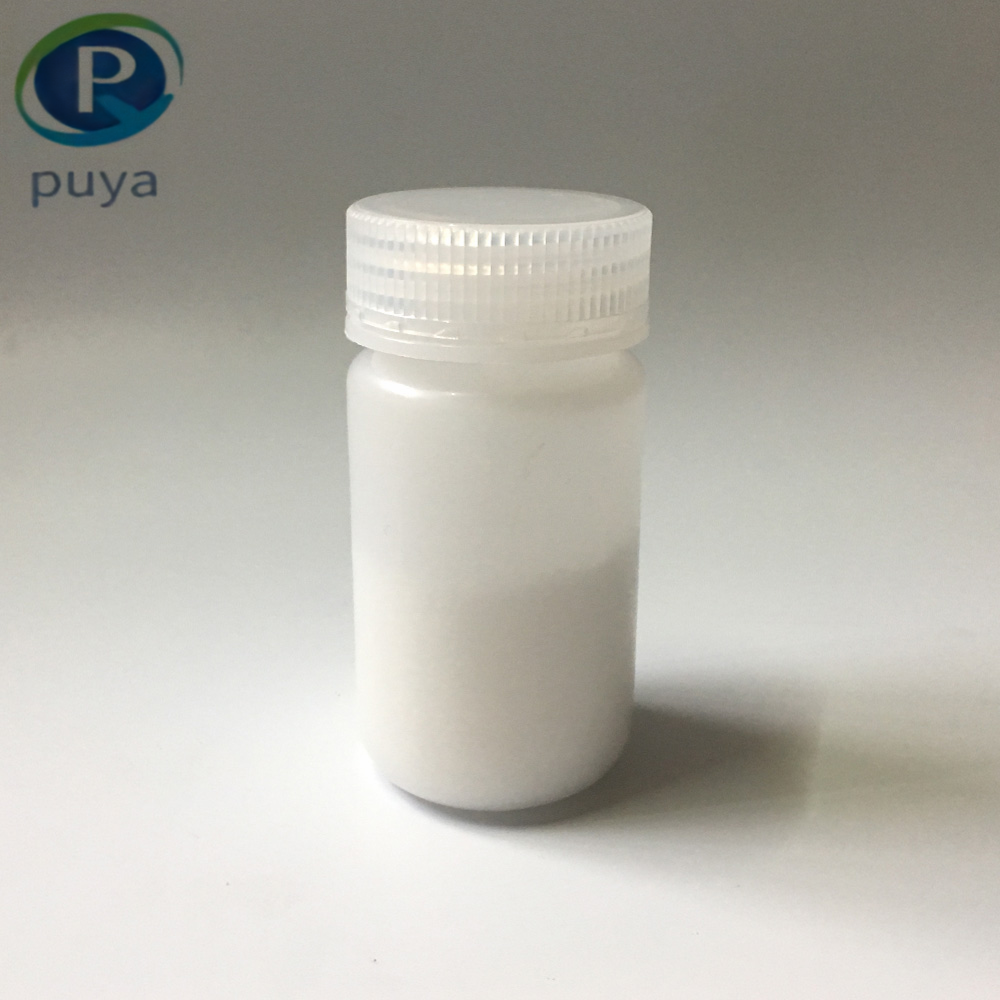

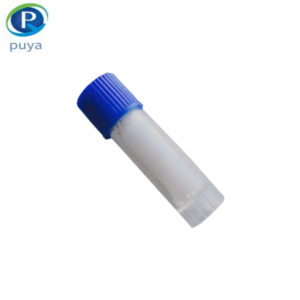
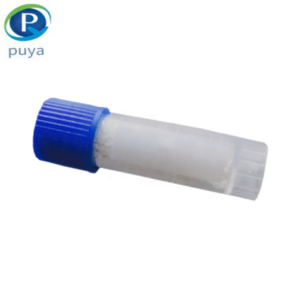
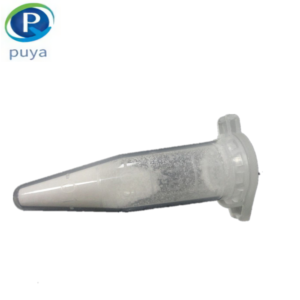
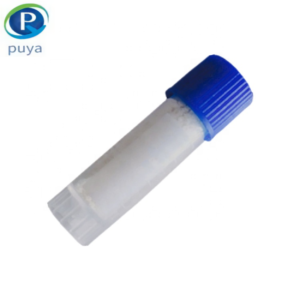

Reviews
There are no reviews yet.